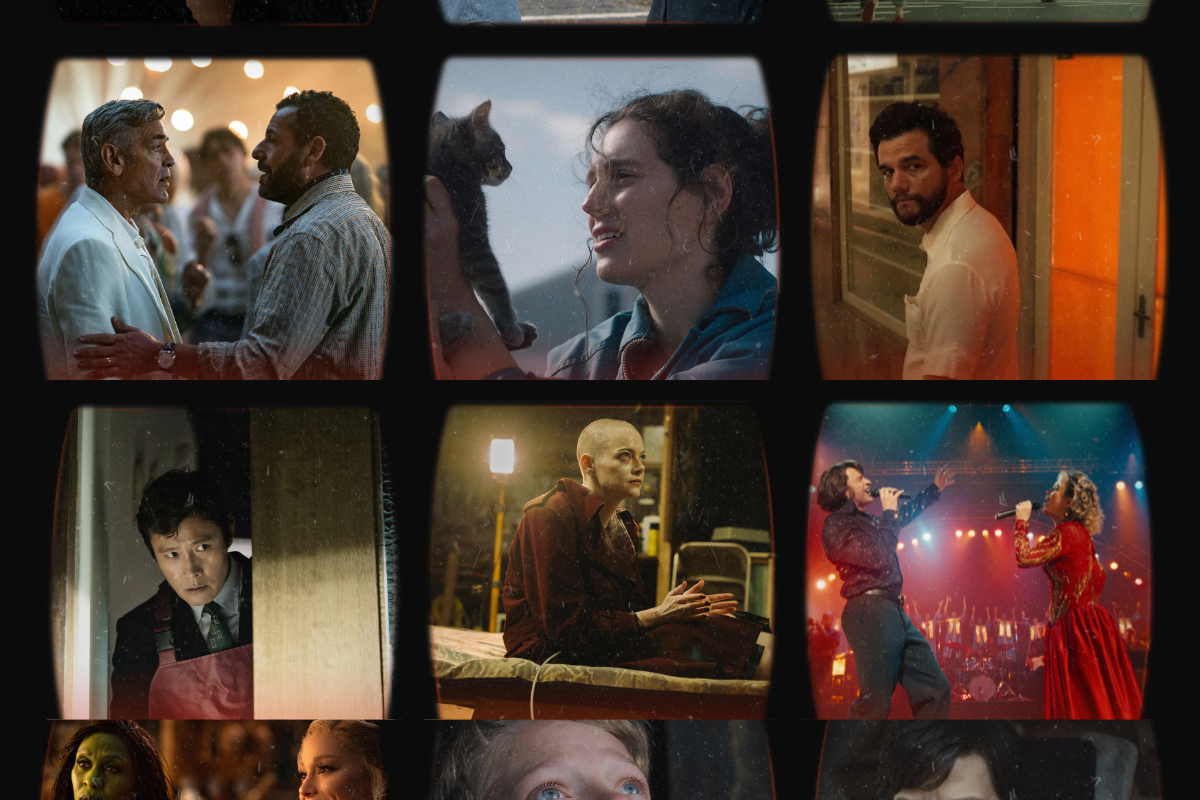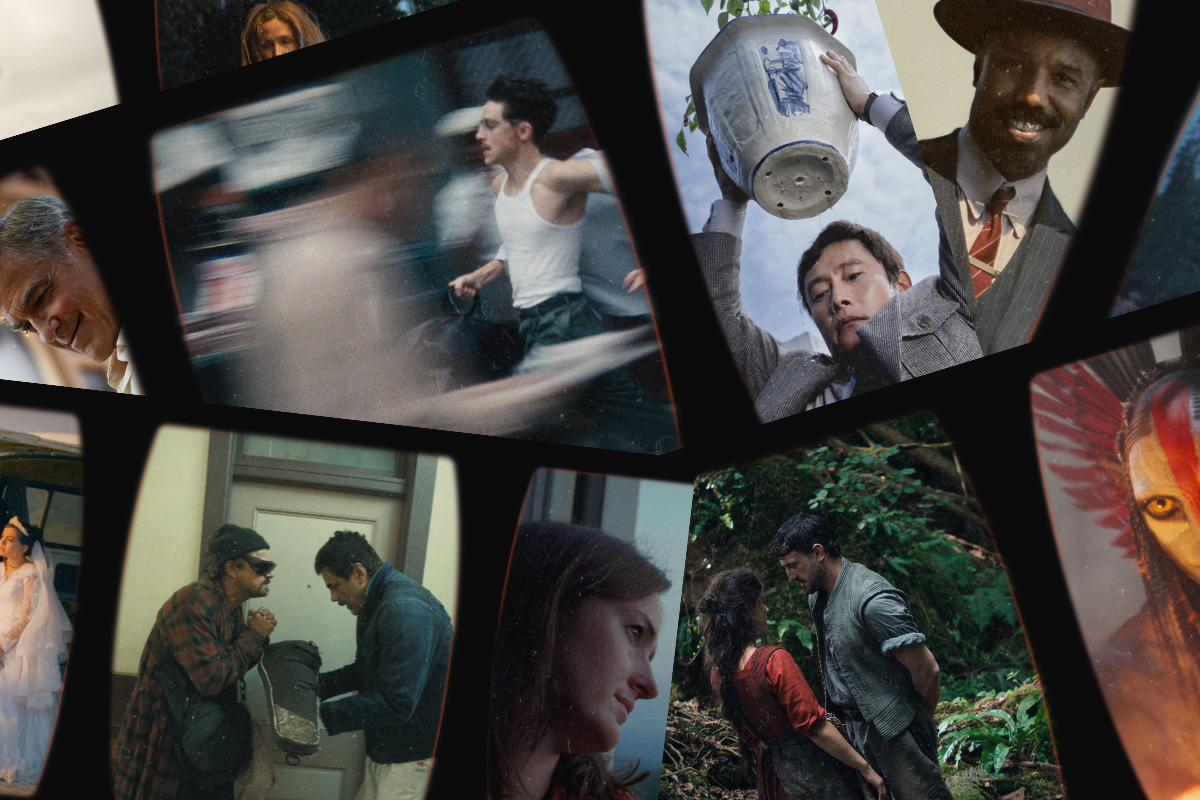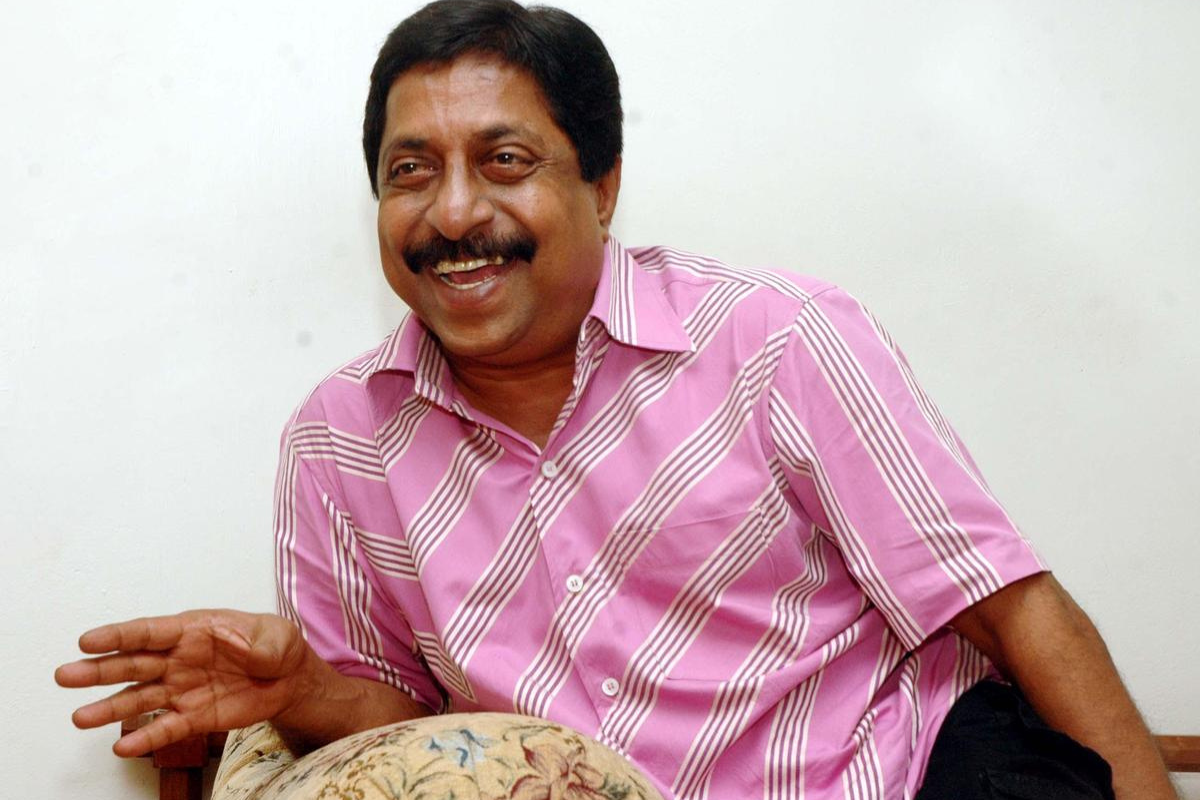The Case of The Incredible Shrinking Story Department…
Any notion that AI can assess a script is terribly dystopian.
In the aftermath of the strikes, after all the work to safeguard writers and actors against AI, it’s strange there hasn’t been more alarm about the demise of the creatives who do most of the work scouting and defending the industry from the trenches. Script Analysts have been treated like a forgotten class – they’ve been entirely left out of the conversation, even as they’ve been more adversely affected by the strikes’ literary lockdown and the forces of malign tech. Somewhat pejoratively known as “readers,” this class of creatives was already a marginalized special interest group. It’s ironic, given that the entire industry should have special interest in scripts. Yet analysts have started to lose their jobs en masse over the last year, dropping like flies (the very ones hovering over all those scripts they’ve spared execs and agents from reading). Readers should be perceived as the true canaries in Hollywood’s coal mine and they should be defended at all costs.
While script analysts have been unsung heroes since time immemorial, it’s been shocking to learn that many of the more monolithic companies have shrunk their script analyst roster down to a paltry handful and in some cases have gotten rid of their departments all together, misguidedly believing they can rely on assistants to fill the void. Before the strikes and the advent of AI, any major company’s story department would have had a group of devoted, in-house readers and an even more sizable cabal of freelance readers working for them at any given time – that’s more than the sum of multiple monoliths’ analysts today!
Even as this story department shrinkage is happening, I propose that many of the best readers would be more appropriately elevated to the job description of “story experts.” I have friends in the business who have been reading scripts professionally for twenty to thirty years – some of them have read over ten thousand screenplays! When these pros set their laser sites on your script, they’re not just “listening” to how your dialogue sounds; they’re digging into the structural scaffolding of your story – and they’ve read so many scripts they don’t need Robert McKee or Save the Cat to assist in their diagnosis of narrative architecture; their analysis is instinctive at this point. The analysts I know understand that they hold your dreams in their hands and they endeavor to treat their assessment with the kind of artful eye that writers treat their own scripts.
The notion that “anyone can read a script” is simultaneously hilarious and depressing. I remember two people who illuminated me as to the skill set required to truly digest a screenplay. This focus group was my parents – two of the most educated and literary people I know (both attended Cal Berkeley, extremely well read – the walls in our house were basically bookcases). But reading a script is a different skill from reading a book...sure, both require imagination, both require practiced study of their form, but scripts are far more exacting in terms of their parameters: they require a grasp of how the contours of their formatting directly affect – and actually direct - the narrative; they require a more arcane grasp of narrative structure. (For example, a good reader has an inner clock timing each page as a minute of screen time.) At least my parents had the honesty to admit they didn’t know how to begin to read a script (it’s also now dawning on me that perhaps they thought my script sucked...but I digress). In all seriousness, in Hollywood, apparently everyone thinks they can read...and most of them have consumed a drop in the ocean of literary material my parents have consumed. And that’s a problem. It’s a problem that Hollywood thinks it can rely on assistants and interns to fill the space professional readers occupied.
When I wax nostalgic about my own time running UTA’s story department, it’s always interrupted by two particular memories...one was the time I asked a trainee what they thought of a script I had assigned, and that assistant said they didn’t like it “because it had spaceships.” This analysis was ironic, given that we live in a pretty pro-spaceship town. My other memory is of an agent looking in on us in our glass walled office as if he was observing some alien life form...uttering with bemusement, “You must really love reading.” I thought to myself, “Shouldn’t you?!”
Readers aren’t just disgruntled writers working the front lines to help agencies and studios cut the wheat from the chaff – they’re the initial decision-makers who almost never get any credit for making decisions that tip off execs, agents, and producers to undiscovered gems. To hear stories about the 70’s and how some producers and actors rewarded a reader for a discovery with participation in the film – actual percentage points - is like hearing unicorns existed...or, at least like hearing about the “halcyon, anything-goes days” when execs were also passing around cocaine in meetings. That was before my time (I’ve never touched the stuff), yet weirdly I long for those days - if only because it seems the suits were indeed far more creative and given to taking riskier bets on narrative.
Am I here to advocate for the return of substance abuse to executive meetings? No, I’m here to warn we’re in a much darker place than Hollywood’s drug-addled epoch. We’re at the cliff’s edge of Hollywood’s singularity: stories have already emerged about AI being used in lieu of human readers. It’s true Chatbots are capable of summarizing a script, but without any of the color, any of the tonal flavor that a good reader can. “Tonal flavor” you scoff, WTF is that? It’s the flavor that assists the generally inept reader in interpreting the summary, in literally feeling and understanding the piece (you’ll need it, if you’re the agent who was observing us through the glass that day). It’s what makes good analysts sound human and coverage sound flavorful rather than being a robotic slog.
In starting the Gauntlet, ScriptHop isn’t just helping discover writers, we’re giving readers more job security. We’re paying them a more than competitive rate – in some cases the highest rate in the business. We’re hiring the best of them to do something we think will make the industry continue to notice and appreciate human assessment and human readers over the machines.
Writers...remember that readers are not your enemy....in fact, they are you – because most of them are also working on a script.
Any notion that AI can assess a script is terribly dystopian. First of all, it can’t do that in any way that is truly useful; thus far, artificial assessment is terrible. Second, if and when it can, we’ll soon be banging on the preppers’s bunker doors; the robots will truly have landed on our shores. If robots can touch the artistry...the poetry of our analysts and writers - if they can start to get at our soul...what is it that they can’t touch/pillage/steal?
ScriptHop is determined to help writers and creatives fight anti-human tech. The Gauntlet is our first major effort - an effort to get the industry as a collective to throw the gauntlet down at AI, using human assessment to elevate the art of reviewing a screenplay.
Learn more about the craft and business of screenwriting and television writing from The Writers Store!
Scott Foster is co-founder & Creative Director for ScriptHop, the first interactive platform for marketing, managing, and delivering screenplays. A graduate of Columbia University's film school, he spent more than a decade at United Talent Agency, initially as an in-house story analyst, and ultimately as the Director of UTA’s Story Department. Scott has produced several feature films and continues to write while working for ScriptHop, which has just launched "The Gauntlet."







